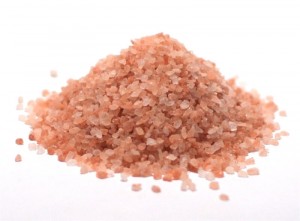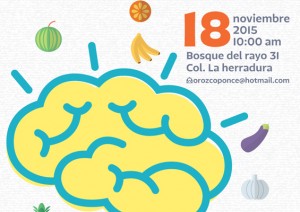
Micro nutrients are vitamins, minerals, and other plant components or phytonutrients. Though needed by the body in much smaller quantities than macro nutrients, they are just as essential for proper functioning. Running low on just one micronutrient can result in dozens or hundreds of body functions not being able to be carried out in the proper way.
Some micro nutrients can be produced by or within our bodies. Others cannot and they need to be supplied entirely through our food (or sunlight, as is the case with vitamin D). When our bodies cannot produce any, or enough of a specific nutrient in order to meet its needs, that nutrient is referred to as essential and must be supplied totally or partially through the diet.
As in many fields of science, there is some lack of agreement as to labeling and classification of micro nutrients. There are 13-14 vitamins and 14-16 minerals that are generally considered to be needed by the human body. Phytonutrients are a more recent field of study, but they definitely seem to have important anti-oxidant and anti-inflammatory effects and may be co-factors in a variety of body functions.
Vitamin A is an example of a vitamin that the human body can synthesize IF it has obtained sufficient quantities of specific precursors from the diet (ex: betacarotene). However, the majority of vitamin synthesis within the human body is actually performed by the microbial population that lives within our intestines, or “gut flora”. Various B vitamins and vitamin K are examples of these. It is possible for one vitamin – vitamin D – to be produced within our skin with adequate sun exposure, but this is actually difficult to achieve in sufficient quantity for many of us.
Vitamins can be further categorized as fat soluble (A, D, E, and K) or water soluble (all the others). Generally speaking, fat soluble vitamins can be stored within the body for long periods of time (months or years), but water soluble vitamins (like the B’s and C) need to be consumed on a daily basis because they cannot be stored.
Minerals are elements that originate in the earth and cannot be made by living organisms. By definition, all minerals are thus considered to be essential and must be consumed through food (or skin absorption, which can be a very effective method of delivery for some minerals). Soil studies in many countries have shown steadily declining amounts of minerals in the farm soils over the past several decades. The amount of minerals in today’s farm soil (the minerals get absorbed by the plants and then into our bodies when we eat the plants) is considerably less today than it was 4-5 decades ago.
Minerals can be further subdivided into those that are found in higher concentrations in the human body (macro minerals) and those found in smaller concentrations (trace minerals or trace elements). We need to take in larger amounts of the macro minerals, but need to also meet the body’s need for the trace minerals.
I think it’s important to realize that government recommendations for daily requirements of vitamins and minerals are generally based on the premise of preventing a deficiency as opposed to promoting optimal health – a significant distinction. Supplementation with high quality, bio-available products is often needed to meet the micro nutrient demands of the body, even when a wide diversity of high quality foods is regularly consumed.
Information sheets on each of the vitamins and minerals as well as some amazing phytonutrients will be posted in upcoming weeks.




